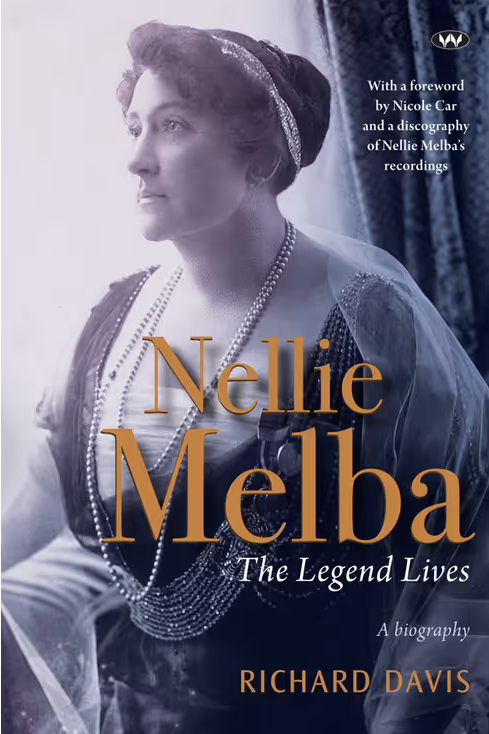The art of pain
‘Ours is indeed an age of extremity. For we live under continual threat of two equally fearful, but seemingly opposed, destinies: unremitting banality and inconceivable terror. It is fantasy, served out in large rations by the popular arts, which allows most people to cope with these twin spectres.’
Susan Sontag, ‘The Imagination of Disaster’ (1965)
Inspirational Memoirs, Painful Lives, Real Lives – these were the polite terms, the labels you might find on bookshop shelves, but the term that stuck was Misery Literature.
The books had plaintive titles like Tell Me Why, Mummy, and Please, Daddy, No, or single-word gut-punches like Wasted, Fractured, and Damaged. They were first-person accounts of abuse, addiction, and misfortune; of reckonings and redemption. Misery Literature (mis-lit for short) emerged as a furtive literary sub-genre during the great confessional boom of the late 1990s and early 2000s: reality television ascendant; social media new and shiny; best-seller lists heavy with memoir. ‘Volume after volume of leering drug abusers and their fearful victims,’ wrote Guardian journalist Esther Addley, surveying the grim buffet of suffering, ‘coarse, grubby hands probing into tiny pairs of knickers and terrified, saucer-eyed children pleading with them to stop.’
Take Dave Pelzer’s A Child Called ‘It’ (1995) – the book widely credited as mis-lit’s apotheosis – which recounts a childhood of near-inconceivable torment at the hands of a sadistic, chronically alcoholic mother. Pelzer was starved, burned, and stabbed, his face smashed into mirrors, force-fed the contents of his sibling’s nappies with a spoonful of ammonia. His story was one of the worst cases of child abuse in Californian history. It was also a best-seller. The book and its two sequels spent a combined 448 weeks on The New York Times non-fiction best-seller list.
Continue reading for only $10 per month. Subscribe and gain full access to Australian Book Review. Already a subscriber? Sign in. If you need assistance, feel free to contact us.














Comment (1)
Leave a comment
If you are an ABR subscriber, you will need to sign in to post a comment.
If you have forgotten your sign in details, or if you receive an error message when trying to submit your comment, please email your comment (and the name of the article to which it relates) to ABR Comments. We will review your comment and, subject to approval, we will post it under your name.
Please note that all comments must be approved by ABR and comply with our Terms & Conditions.